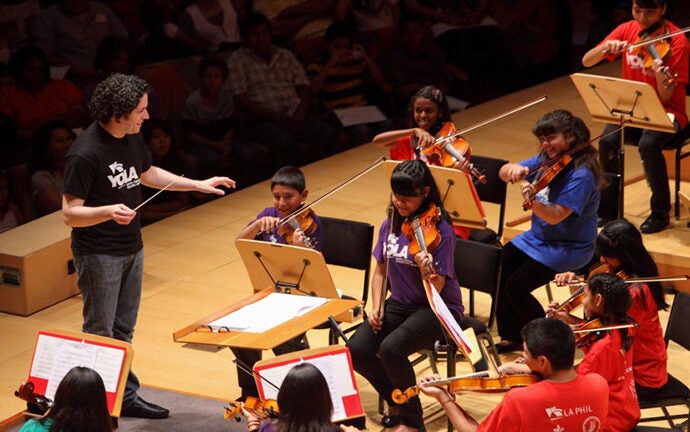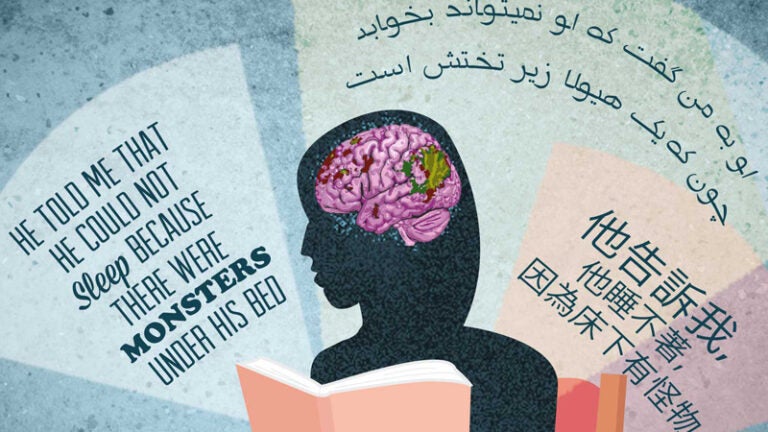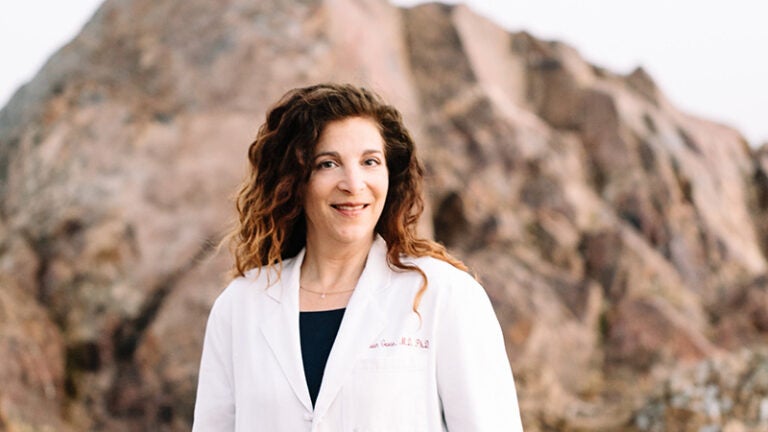New USC Dornsife-led research has determined with certainty for the first time that a protein called otopetrin1 serves as a sour-taste receptor. [1¾ min read]
USC Dornsife News
How much do microbes control our internal climate, and can we manipulate the microbiome to adjust the thermostat? [7½ min read]
As a Trojan, Tingyee Chang discovered her passion for research. It guided the daughter of Taiwanese immigrants toward a double major in neuroscience at USC Dornsife and public policy at USC Price School. [3 min read]
USC Dornsife Berggruen Fellows examine the way new and emerging technologies affect how human beings view themselves, others and their lives. [2½ min read]
USC researchers issue a call to scientists to help them create the first comprehensive model of a cell that is central to diabetes, the pancreatic beta cell.
Dion Dickman of biological sciences is studying the way nerve cells maintain normal levels of communication, giving insight into how neuropsychiatric diseases arise — and might be treated.
A new study by USC Dornsife’s Brain and Creativity Institute is the latest in a series examining how learning music may enhance children’s emotional and intellectual development.
Researchers at USC Dornsife’s Brain and Creativity Institute find there is something universal about what occurs in the brain when it processes stories, regardless of a person’s origin or language.
The host of a radio show that aims to revolutionize how we talk about death, hospice and palliative care physician Dawn Gross ’89 is transforming end-of-life conversations from dread to discovery by explaining how mortality is the gift that allows us to live our lives more profoundly. Oh, and she also teaches death ed to teenagers.
Contact USC Dornsife News
Media Inquiries
Contact Ileana Wachtel








